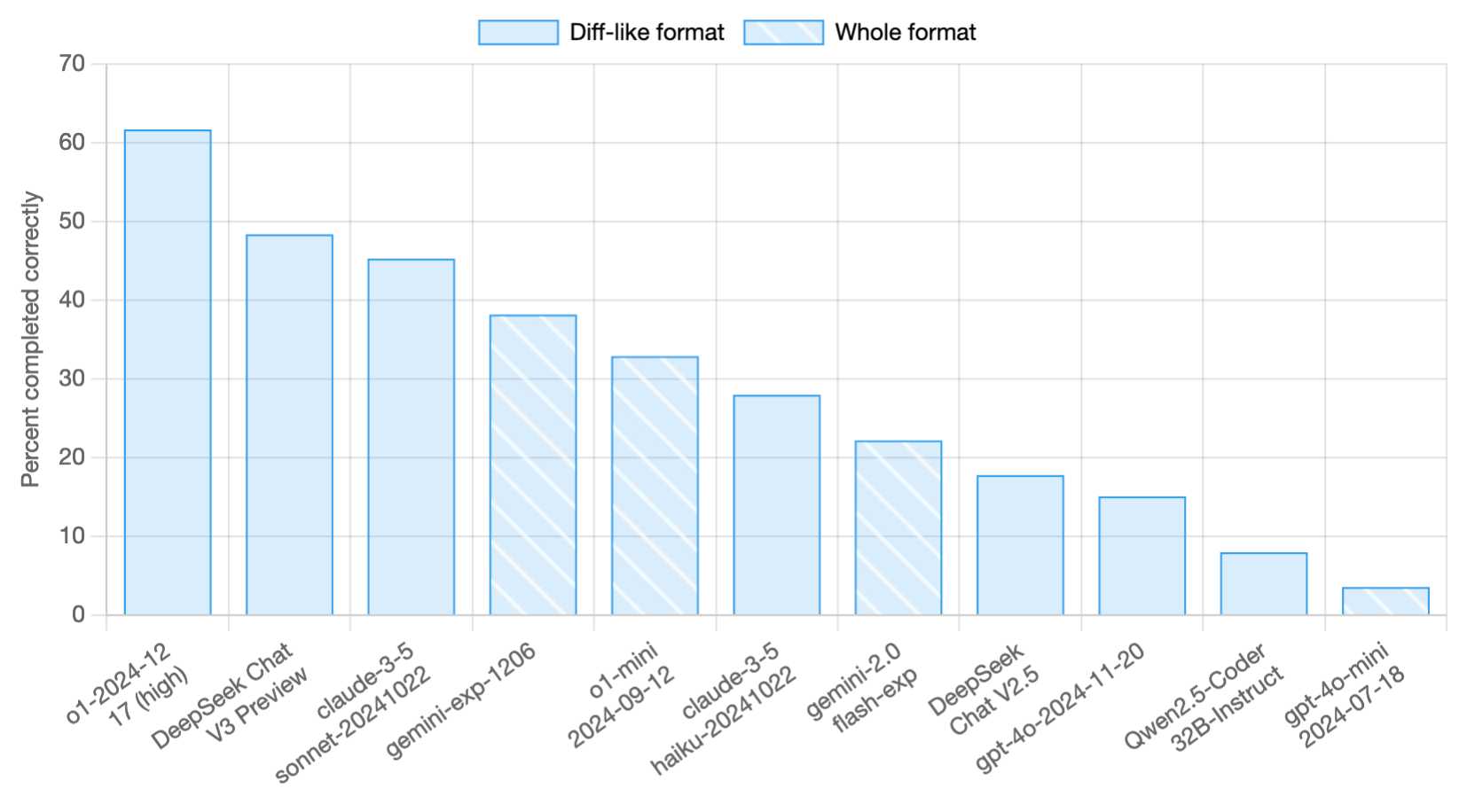
AI Agents are going to play a progressively crucial role in how cities operate and how residents ... [+] interact with their city government.

Despite significant improvements in digitalization over the previous years, in a lot of cities it's still clunky for constituents, services, and visitors to engage in even one of the most standard government services online. Sure, in smart cities like Singapore, Baku, and Dubai, many municipal services are streamlined and digital, however they remain the aspiration.
In truth, a neighborhood member in a normal US city frequently needs to finish paper types or fill in online PDFs, and where services are digital, they are irregular and still require far too many complex actions. The digital change of city government is a multi-trillion-dollar chance still waiting to be completely recognized. Might artificial intelligence (AI), and specifically AI agents, finally supply the leg up cities need?
Cities Embrace Artificial Intelligence (AI)
It won't come as a surprise that AI is beginning to find a welcome home in town hall across the world just as it has in every other market. According to the Hoover Institution, already 1 in 4 federal government employees routinely use generative AI for their work. That usage level will grow quickly over the next couple of months following comparable patterns in the personal sector.
AI is finding its method into every aspect of city operations including public safety, planning, transportation, and person services. The most popular usages consist of task automation, assistance for decision-making, and engagement with the neighborhood.
City leaders are recognizing the broader opportunity with AI and are mainly welcoming it. That said, they currently face substantial challenges from their own bureaucracies, policies, mariskamast.net and lack of technical competence, to dangers such as privacy and hallucinations that don't have a resolution yet. Most limitations, nevertheless, are temporary and quickly city leaders and providers will find greater ease and more need for implementing AI-powered solutions.
WWE Royal Rumble 2025 Results: Charlotte Flair Wins And Everything That Happened
WWE Royal Rumble 2025 Results: photorum.eclat-mauve.fr Jey Uso Shocks The World, Seth Rollins Destroys Roman Reigns
WWE Royal Rumble 2025 Recap: Winners, Eliminations And Reaction
AI Agents Arrive On The Scene
Perhaps the emerging AI technology that assures the most radical shift in how people experience their city government will be through the release of AI representatives. An AI representative is a system that acts separately to process info and then take steps to accomplish particular objectives. Instead of a person supplying AI with the precise actions required to get something done, the pledge of an AI representative is that it can figure out the ideal steps and after that set about getting them done.

OpenAI's new solution, Operator, is an example of a generalized AI representative. Ask it to find your favored seats for an approaching performance and make the reservation on your behalf and off it goes.
This, of course, is simply a basic tease at what will be possible in the near future when, for example, AI representatives coupled with robotics will autonomously carry out the whole of complex projects.
Transforming The Government Experience
It's still early for AI representatives in the personal sector and even previously for them in public firms. However, one option, SuperCity AI, offers an early peek at what is coming soon to our cities.
SuperCity is an app that is rethinking how AI can be used to supply a much better experience in how citizens engage with their city in locations such as finding information, paying costs, and reporting a problem.

Apps that play in this space are already various, from SeeClickFix to Nextdoor, and many attempts have been made to hit the sweet area of benefit and stickiness.
Cities typically supply their own option in addition to taking on offerings from the personal sector. The proliferation of community engagement apps for a single city alone produces confusion when people don't understand what to utilize for a given service, but more broadly, these apps with few exceptions have actually stopped working to satisfy expectations.
The team behind SuperCity come with substantial federal government and innovation credentials. Miguel Gamiño Jr., no complete stranger to city management having served formerly as the head of technology in the cities of El Paso, San Francisco, and New York, has joined forces with his two partners, David Lara, previously the Chief Administrative Officer at New York City Town Hall, and Niko Dubovsky, who's worked in the start-up world for numerous years.
The group's enthusiasm for public service together with a deep understanding of how cities work are possessions that they are bringing to building this solution. This combined with cutting edge AI adoption does not guarantee their success but certainly offers them with some early advantages.
The SuperCity starting group. From Delegated Right: Niko Dubovsky, Miguel Gamiño Jr., David Lara.
Their objective with SuperCity is to supply a safe and private digital one-stop-shop for locals and to utilize AI to reduce different elements of friction between the user, the app, and city hall. That friction ranges from residents who are overwhelmed with unneeded notices to the intricacy of supporting the required user interfaces with firm systems. For instance, rather than the city being required to handle the complex integration of accepting payments from the app for say, a parking ticket, SuperCity uses AI to fulfill city requirements and then seamlessly visit and send the payment.
Removing the intricacy for both the user and the city likewise means that this single app can be used in various cities without requiring the user to download a brand-new app with a totally different procedure.
While most apps require the user to find the function they need, SuperCity will quickly emerge as a conversational bot. A citizen will just discuss what they need and the app will use AI representatives to perform as much of the need with little, if any, user engagement.

Conversational bots are currently one of the most popular uses of AI throughout industries in the area of customer care. Could they also be the future user interface for most city interactions too?
The Urgent Future Of AI In Cities
As excellent as the last two years have actually been, cities are routing the private sector by a large margin in moving from experimentation to adoption of AI across their functions.
From time to time, a new innovation arrives that has the power to drastically disturb the status quo in a positive way. AI for cities supplies possibly an once in a life time shift that will change what cities do and how they work. City leaders require to increase the seriousness of their AI efforts and ensure they are designating proper resources and skills.

In the short-term there are chances to have AI augment and improve present operations from community-facing services to data-driven decision-making. Longer term, AI agents will finish entire city services with little or no human interaction on the backend. It's possible too, that earlier than later, AI will usher in a period without the requirement for websites and apps.
As the SuperCity app shows, AI and AI representatives coupled with novel concepts provide city leaders a whole brand-new toolkit loaded with possibilities. The time to define an AI future for cities is now.









